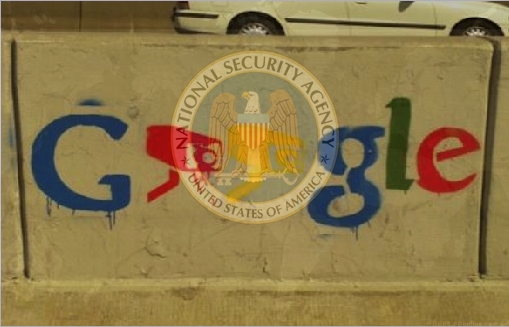What comes to your mind when you read the term mass surveillance?… The USA? NSA? Edward Snowden? Right! Well, add the FBI’s massive facial recognition database to the list as well.
Just last week it was widely reported that the Federal Bureau of Investigation wants to create a software that identifies, automatically, tattoos related to criminal organizations, religious groups, political ideologies and gangs. Now, according to a congressional audit, the bureau has developed a massive facial recognition database of about 400 billion pictures in order to assist its investigations.
Must Read: These Anti-Surveillance Tools Will Protect Activists and Their Privacy
The Government Accountability Office (GAO) found out that the database is home to more than 411 million images out of which 140 million belongs to foreigners who applied for US visa and 30 million mugshots of criminals without any oversight. That’s not all, the database also contains driver’s license picture databases from 16 states in the country who have never been to prison nor they have ever been accused of any wrongdoing, reports TechCrunch.
The system enables the FBI to use pictures of unidentified people to determine if they are being sought in criminal investigations, and can also assist local law enforcement agencies. According to AFP, the audit was requested by Senator Al Franken who now vows to ask tough questions about the use of facial recognition technology.
“I will be asking tough questions about the FBI’s use of facial recognition technology and its plans to improve the testing, transparency, and privacy protections of its system.”
Must Read: Researchers Develop Glasses To Protect You from Facial Recognition
The huge database — which enables investigators to automatically search images for criminal suspects — “is far greater than had previously been understood” and raises concerns “about the risk of innocent Americans being inadvertently swept up in criminal investigations,” said Senator Al Franken.
“The accuracy of a system can have a significant impact on individual privacy and civil liberties,” it added, saying that the false positive rate should be analyzed “prior to the deployment of the system.”
“The report shows that the FBI hasn’t done enough to audit its own use of facial recognition technology or that of other law enforcement agencies that partner with the FBI, nor has it taken adequate steps to ensure the technology’s accuracy,” Franken said.
Civil liberties advocates said the report was worrisome.
Must Read: DEA Making Huge Photo Database of Country’s Drivers, vehicles’ number plates
“Face recognition is a relatively new technology and it’s important that not only the FBI but the public be aware of its limitations,” Jay Stanley of the American Civil Liberties Union said.
“Errors mean random people could be falsely identified as potential criminals and find themselves coming under the FBI’s powerful investigatory microscope. That could be not only invading people’s privacy but also exposing them to accusations of wrongdoing.”
Did you enjoy reading this article? Like our page on Facebook and follow us on Twitter.








